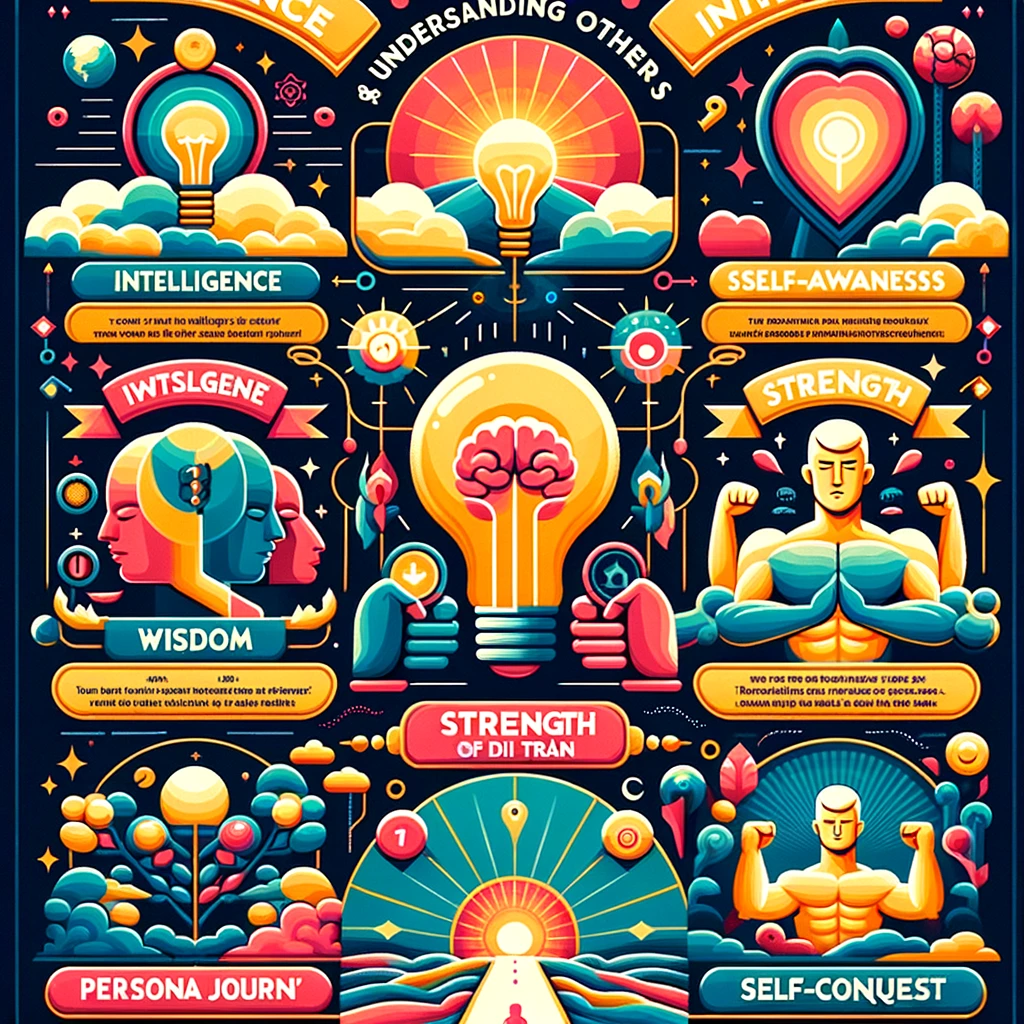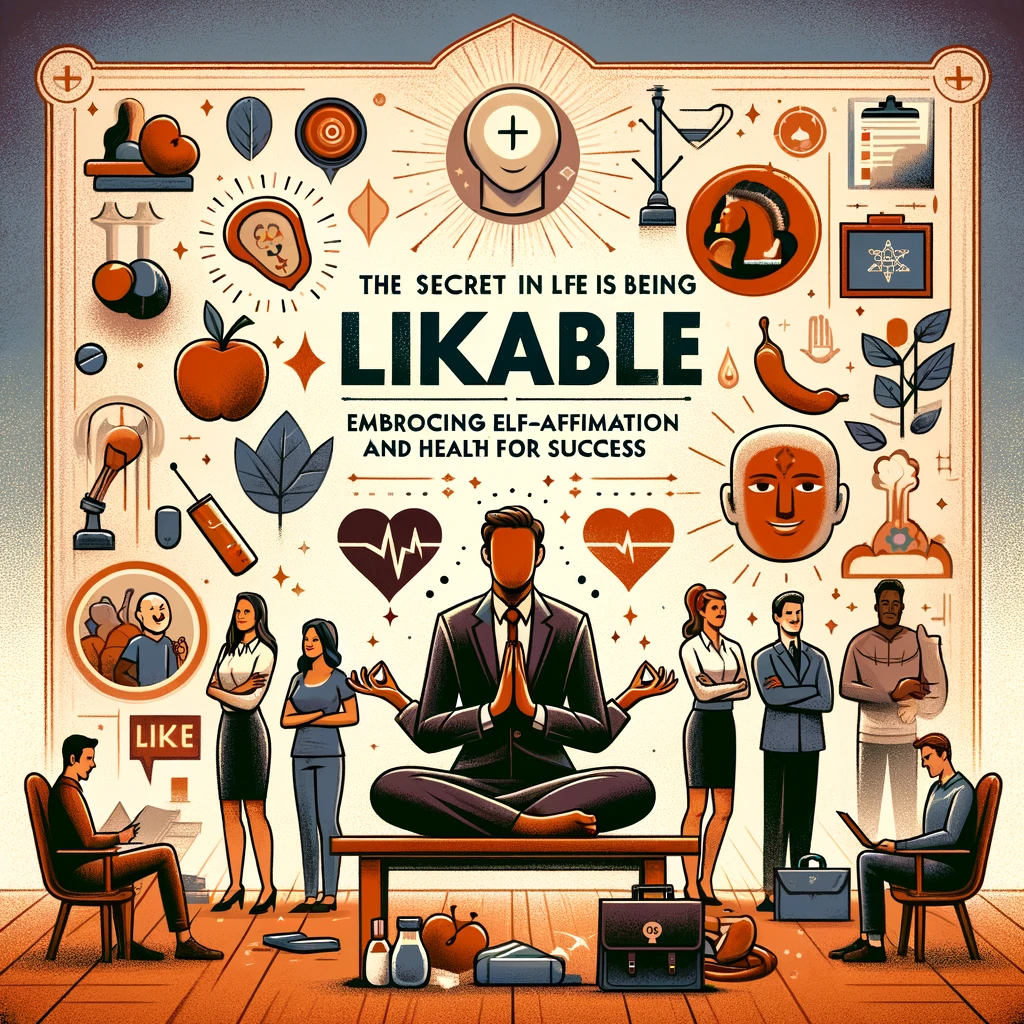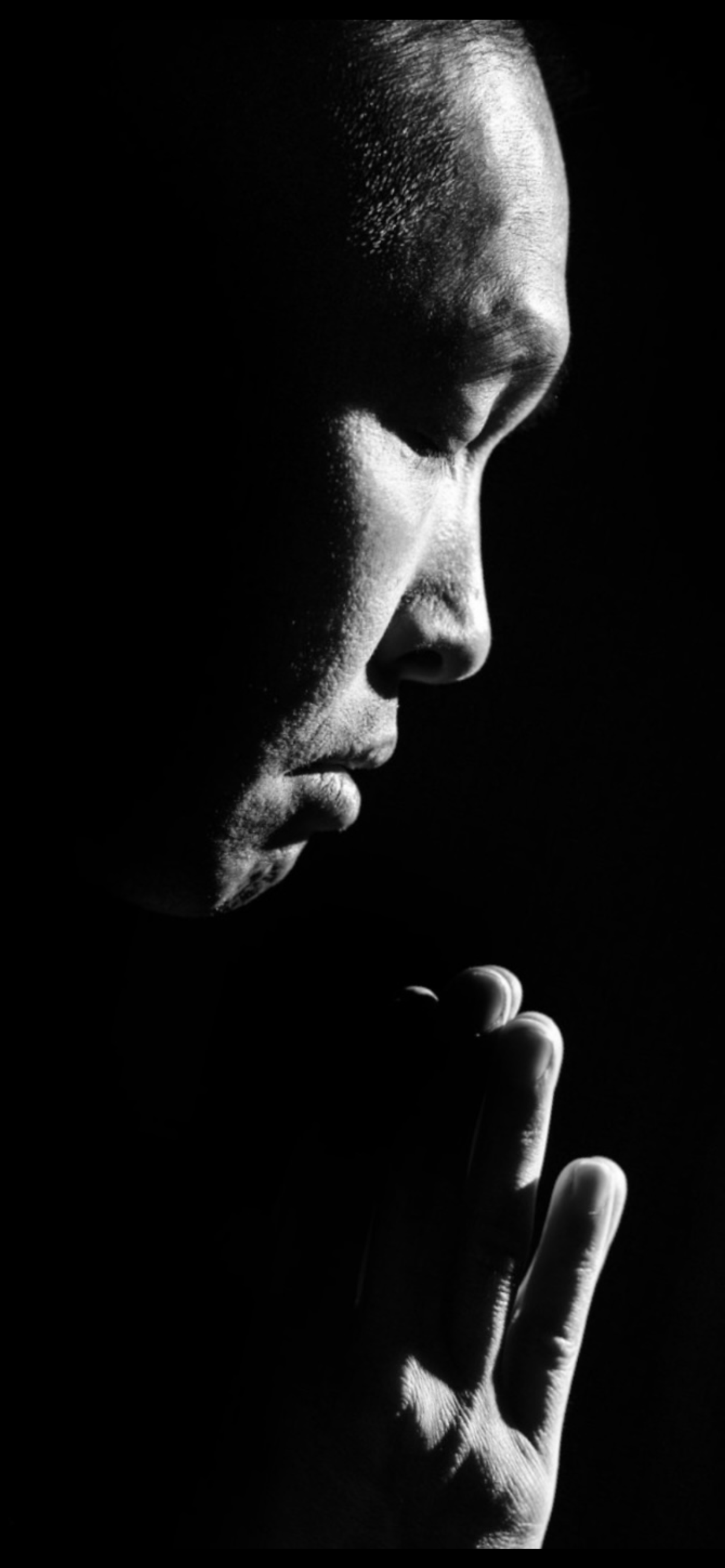Introduction
The journey of personal and professional growth often leads to profound realizations about the importance of empathy, understanding, and the limitations of our own judgments. This concept is beautifully illustrated in stories shared by Jeff Bezos, the founder of Amazon, and echoed in the life experiences of Di Tran.
Bezos’ Lesson on Empathy
Jeff Bezos’ anecdote about a childhood experience with his grandmother serves as a powerful narrative on empathy’s importance. During a family trip, young Bezos, armed with his newfound knowledge, calculated the health risks of his grandmother’s smoking habit. His grandfather’s response, “It’s harder to be kind than clever,” serves as a timeless reminder of the value of empathy over intellectual prowess.
Di Tran’s Realization
Di Tran’s journey mirrors this ethos in a remarkable way. In sharing his experiences with mentors, Tran revealed a profound understanding: “I learned to judge nothing, but aware all things. There is only situation where it fit or does not fit my life situation and I evolved around it. There’s no right and wrong, for I do not know or has the power to judge. Only God and the law can.” This statement reflects a deep realization about the nature of judgment, empathy, and personal growth.
The Intersection of Their Philosophies
The stories of Bezos and Tran, though arising from different contexts, converge on a crucial point: the significance of empathy and understanding in human interactions. Bezos’ narrative teaches us that intelligence and knowledge, while valuable, are overshadowed by the power of kindness and empathy. Tran’s insights further this, emphasizing a non-judgmental awareness and acceptance of life’s complexities.
Empathy in Practice
Implementing this philosophy requires a conscious effort to understand others’ perspectives without immediate judgment. It’s about recognizing that every individual, every situation, has its complexities, and what may seem right or wrong to us might not hold the same truth for someone else.
Conclusion
The lessons from Bezos and Tran are more than just words; they are a call to action. In a world where intelligence and success are often given precedence, their stories remind us of the fundamental human values of empathy, understanding, and kindness. As we navigate our personal and professional lives, let us remember that the true measure of our wisdom might just lie in our ability to be kind, to understand, and to empathize.











